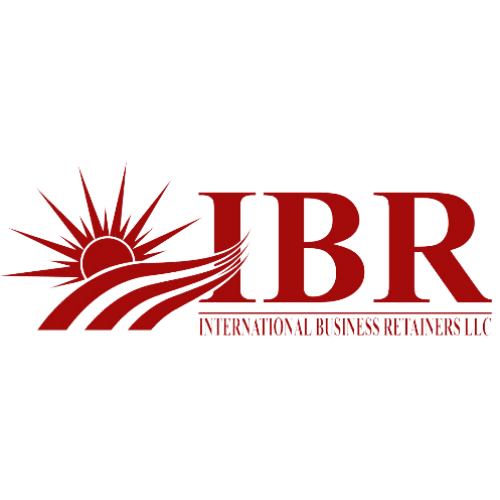
UAE Double Taxation Treaties
Double Taxation Agreements
The Ministry is working to expand its network of UAE Double Taxation Agreements (DTAs) and Bilateral Investment Treaties (BITs) in order to strengthen the competitiveness of the United Arab Emirates and to form global strategic partnerships. To date, the Ministry has concluded 193 DTAs and BITs with the aim of protecting investment and profit from various forms of non-commercial risk and enabling the transfer of profits in a free convertible currency.
Avoidance of Double taxation
Double taxation occurs when identical taxes are levied on the same taxpayer in two different nations using the same tax base. This negatively impacts cross-border trade, capital transfers, and the exchange of goods and services.
Avoidance of Double Taxation Agreements (DTA) benefit inhabitants as well as public and private companies, investment firms, air transport companies, and other businesses operating in the United Arab Emirates. With the majority of its trading partners, the UAE signed 137 DTAs in an effort to further its development objectives.
The purpose of avoidance of Double Taxation Agreements
- Encourage the United Arab Emirates’ growth objectives and broaden its national revenue streams.
- Get rid of additional taxes, indirect taxes, and double taxation.
- Eliminate obstacles to investment and trade across international borders.
- Provide complete protection against double taxation, both direct and indirect, and refrain from impeding commerce, investment, and the advancement of development objectives. Additionally, diversify the nation’s revenue streams and boost the amount of capital inflows.
- Take into account the tax implications, the worldwide shifts in the financial and economic sectors, the introduction of new financial instruments, and the transfer pricing mechanisms.
- Promote the flow of capital and the interchange of commodities and services.
Aims and Results
- The Ministry of Finance (MoF) is keen to expand its network of agreements on the exchange of tax information because it believes that these agreements are essential to attaining fairness, openness, and the safety of the national economy.
- The Global Forum on Transparency and Exchange of Information for Tax Purposes, which was founded in 2009 by the OECD and G20, has grown to be the principal international organization tasked with bringing international norms for information exchange into practice. This was due to the fact that, with the advent of globalization and its related concerns, tax evasion had become a serious threat to government revenue.
- In order to mitigate these threats, it was imperative to fortify global collaboration in the realm of information sharing, thereby rendering tax evaders incapable of concealing their income and holdings. In order for nations to share this kind of data, bilateral agreements on the avoidance of double taxation had to be reached in order to find a legal reference.
Increasing Global Collaboration
The UAE became a member of the Global Forum on the basis of Ministerial Council for Services Resolution No. (4/454/ب) of 2010. Through two stages, the forum assesses a nation’s performance and dedication to the Peer Review Committee’s requirements for openness and information exchange:
Stage 1:
In this phase, the frameworks and laws that control information exchange are evaluated.
Stage 2:
This stage involves assessing how well laws adhere to the forum’s guiding principles and putting the exchange of information and transparency concepts into practice in accordance with international standards.
Every country is welcome to join the forum. However, based on how much each nation adheres to transparency requirements, there are three categories of nations.
- Nations that have pledged to put the Whitelist and criteria into practice.
- Those nations on the Grey list or those devoted to putting the standards into practice but in need of technical support.
- Nations not dedicated to executing the guidelines/Blacklist.
- Countries who do not adhere to transparency requirements will not be eligible for funding from the G20 Industrial Nations.
UAE enters into agreements with Arab nations to promote and safeguard investments and prevent double taxation.
- The United Arab Emirates, through its Ministry of Finance, has signed agreements with the Kingdom of Bahrain, the State of Kuwait, the Arab Republic of Egypt, and the World Bank pertaining to the protection and promotion of investments and the avoidance of double taxation.
- The signatures occurred during the World Governments Summit (WGS) 2024, which was held in Dubai from February 12–14, with the subject “Shaping Future Governments.”
- The agreement aims to enhance developmental objectives, broaden the UAE’s national income streams, and prevent double taxation. The agreements also take into consideration tax issues, stay up to date with developments in the financial and economic sectors around the world, new financial instruments, transfer pricing techniques, and promote capital flows and the interchange of products and services.
- The signing of these agreements is a component of the UAE Ministry of Finance’s resolve to deepen economic and investment cooperation with numerous nations worldwide, as well as to broaden the nation’s network of contacts both internationally and among Arab nations.
- Until now, the Ministry of Finance on behalf of the United Arab Emirates has inked 143 agreements to avoid double taxation and 112 agreements to attract and protect investment. These agreements together offer a legal framework that safeguards the UAE’s
